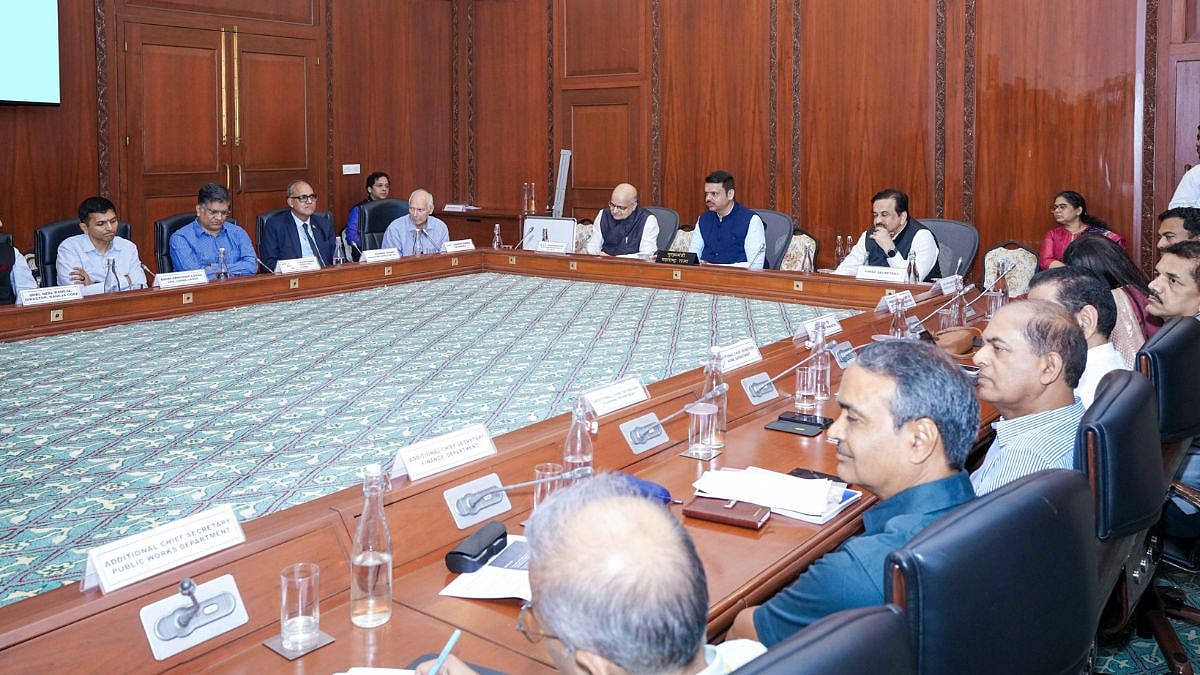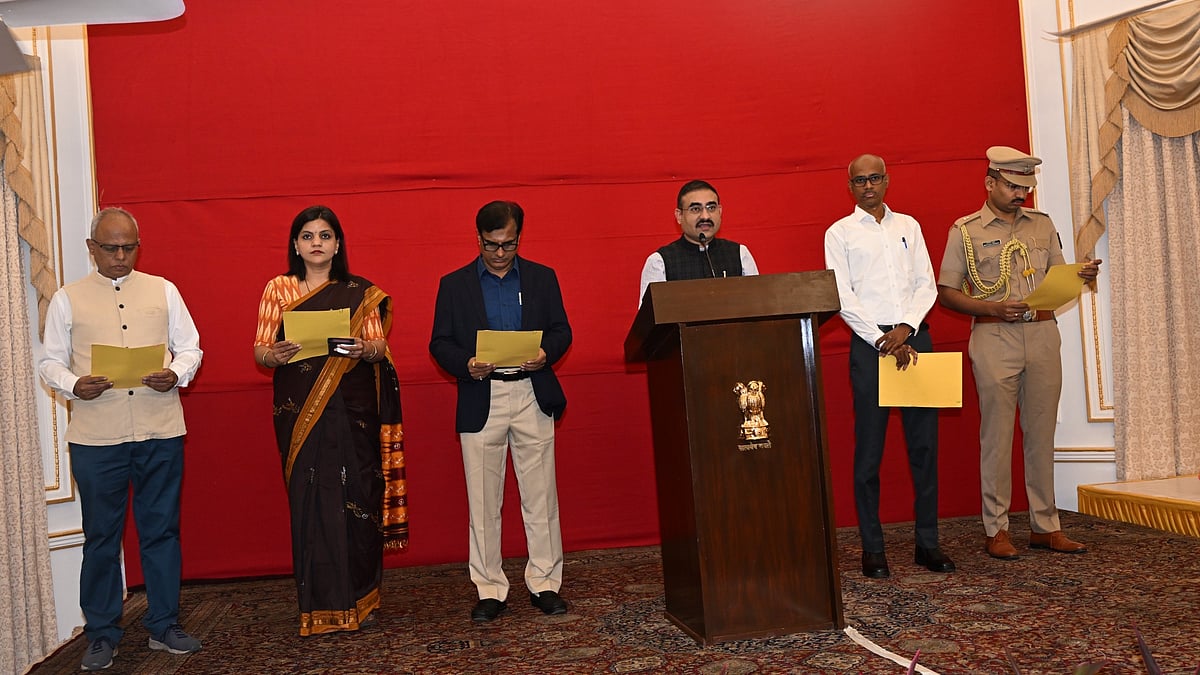Mumbai: The Maharashtra government has moved to enforce strict alignment between policymaking and its ambitious Viksit Maharashtra 2047 roadmap. A circular issued by the Chief Secretary’s office on Wednesday mandates that every proposal placed before the state cabinet must clearly identify which component of the newly released Vision Document it corresponds to.
Cabinet to Prioritise 2047-Aligned Proposals
Senior officials say the directive effectively means the cabinet will prioritise — and in many cases restrict itself to — proposals that directly advance the 2047 targets, particularly the goal of transforming Maharashtra into a trillion-dollar economy. The Vision Document is the state’s most extensive planning exercise in recent years. It draws on a large-scale public opinion survey involving 3.8 lakh citizens.
It also includes inputs from over 500 officials ranging from the secretariat to block level, more than 200 domain experts, and 10 rounds of consultation with NITI Aayog and industry leaders.
Structured around 16 themes, the document charts growth paths across agriculture, industry, services, tourism, urban development, energy, transport, health, education, governance, security, finance and more.

Proposals Must Fit Within 16 Priority Sectors
When asked what would happen if a departmental proposal bore no link to the Vision Document, a senior official said it should ordinarily align with one of the 16 broadly defined priority sectors. If it does not, the proposal is unlikely to receive precedence. Agriculture carries one of the most ambitious targets: boosting GDP from USD 55 billion to USD 500 billion through USD 700 billion worth of investments, integrated crop value chains, expanded aquaculture and livestock development. The industry theme pushes even harder — raising industrial GDP from USD 123 billion to USD 1,500 billion by attracting USD 4,600 billion in investment. Key strategies include building over 20 autonomous industrial townships, strengthening value chains across 24 major sectors, and deepening MSME ecosystems.
Tourism, energy, transport and services sectors have similar scale-up plans. In education, the state aims for universal foundational literacy and 80% placement for graduates, along with self-sustaining edu-cities and stronger research output.
On finance, the government will pursue rationalised spending, modernised revenue systems and performance-linked budgeting while tapping alternative funding channels to drive long-term growth.
To get details on exclusive and budget-friendly property deals in Mumbai & surrounding regions, do visit: https://budgetproperties.in/







